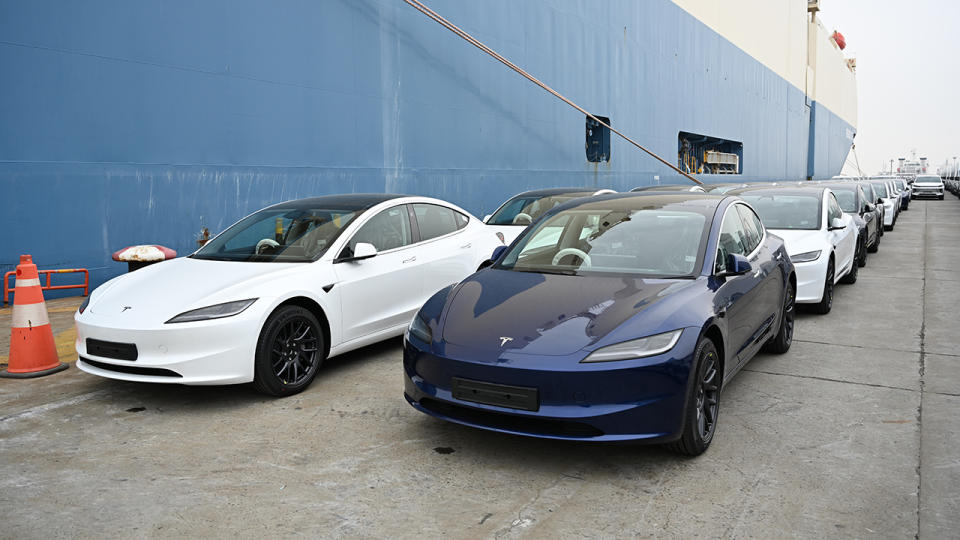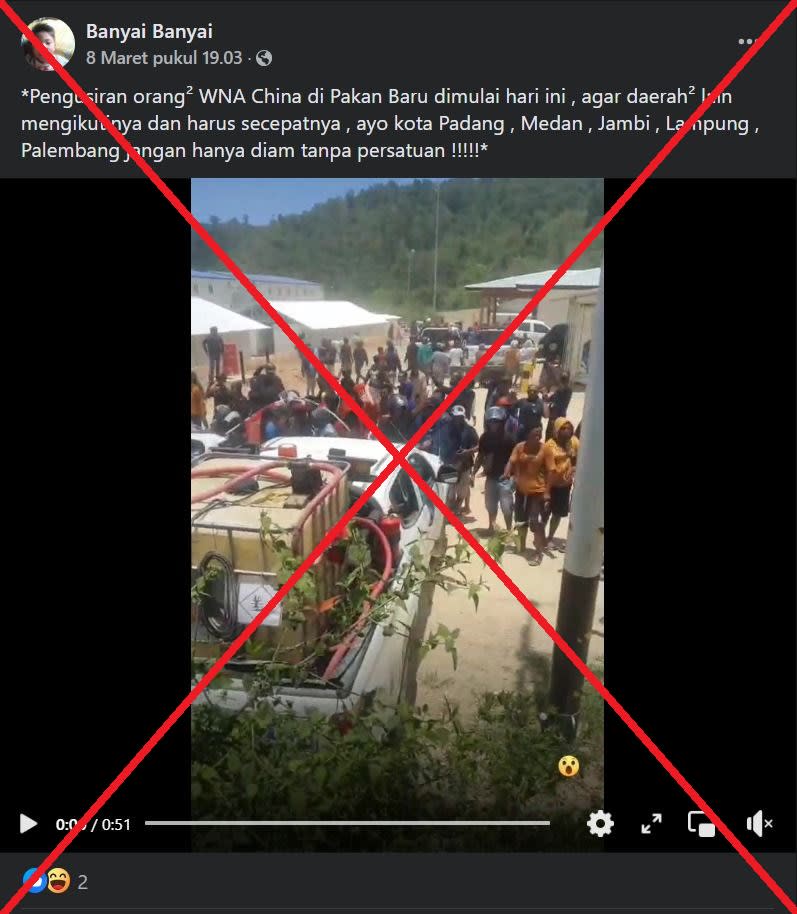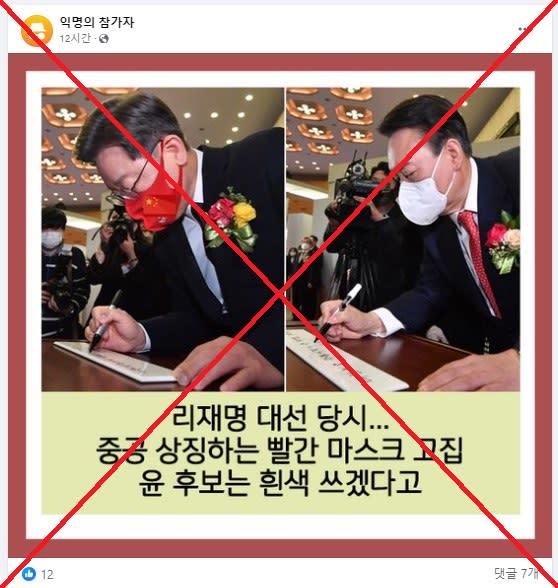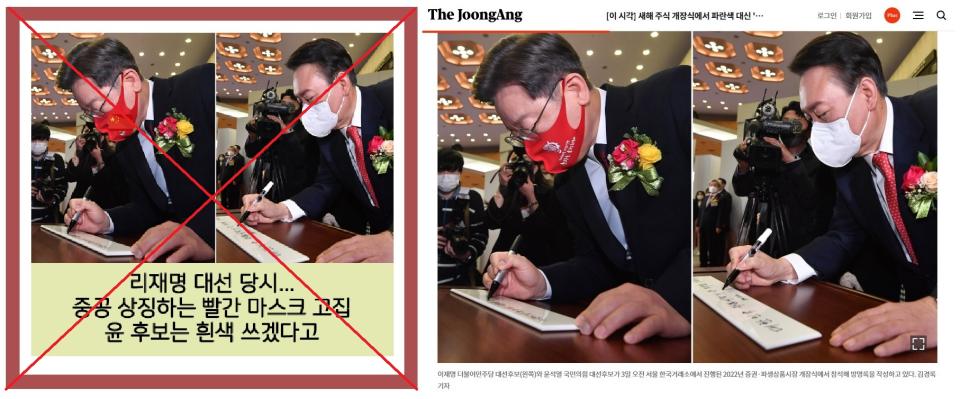A Florida law is prompting backlash from professors, students and advocates across university campuses in the state who say the measure could keep Chinese grad students out of their schools.
The measure, State Bill 846, restricts the state’s public universities from hiring graduate students for positions such as researchers and lab assistants, from “countries of concern,” including China, the largest contributor of international students in the state.
While the measure went into effect last July, schools typically issue offer letters in the spring, prompting the recent protests.
While Gov. Ron DeSantis’ has said that the legislation is part of an attempt to counter China’s “malign influence” in the state, critics say it’ll do more harm than good. From taking legal action to participating in rallies this week, students, faculty and others are calling for the measure to be reversed, arguing that the law could pose a threat to the state’s academics and impede scientific advancements and freedoms.
“It’s discriminatory,” Chenglong Li, a professor at the University of Florida College of Pharmacy, told NBC News. “Individuals, they cannot decide where they are born. They’re only thinking of their educational opportunities.
“I think this kind of approach actually harms national security. A lot of people are actually STEM talents. They actively come here to do research and contribute to this country,” he added.
The state Education Department declined to comment. And representatives for DeSantis did not respond to a request for comment. But the governor announced the bill last May as part of his efforts to “combat corporate espionage and higher education subterfuge carried out by the CCP and its agents.” In addition to this education measure, he also signed a controversial law that, in part, banned some Chinese citizens from owning homes or land in the state. The land law, also implemented last July, was blocked by a U.S. appeals court in February.
Zichen Wang, a research fellow at the Center for China and Globalization, a nongovernmental think tank in Beijing, called the university-related measure “unconstitutional,” comparing it to the Chinese Exclusion Act, which instituted a 10-year moratorium on Chinese labor immigration to the United States.
“It harms Florida as it stigmatizes individuals from China who would otherwise make significant contributions to the Sunshine State,” he said in an email.
Under SB 846, state universities and colleges are prohibited from accepting grants or partnering with those “domiciled,” in China, Russia, Iran, North Korea, Cuba, Venezuela or Syria. The term “domicile,” criticized by many as being vague and confusing, is defined as a “physical presence in a foreign country of concern with an intent to return thereto.” The law does not apply to student enrollment, so those who are self-funded would not be impacted.
Exceptions to these restrictions, however, can be made with the approval from the state university Board of Governors, a 17-member organization that oversees the management of Florida’s public university institutions. And individuals in these cases need to be deemed “valuable” to students and the school, and declared not a threat “to the safety or security of the United States or its residents.”
Two students, Zhipeng Yin and Zhen Guo, and a professor, Zhengfei Guan, filed a lawsuit Monday, arguing that the measure codifies discrimination against those of Asian descent. The students, both of whom are from China and attend Florida International University, had been working as graduate assistants in labs for their supervising professors when they were terminated from their jobs because of the measure, according to the lawsuit. And the professor, an agricultural economist who teaches at the University of Florida, had been trying to hire a postdoctoral candidate from China. But because of a four-month delay related to SB 846, the candidate decided to go elsewhere.
“Gov. DeSantis has argued that this law is necessary to protect Florida from the Chinese Communist Party and its activities,” said a press release on the lawsuit, backed in part by the American Civil Liberties Union of Florida. “But this misguided rationale unfairly equates Chinese students with the actions of their government, and there is no evidence of national security harm resulting from international students from China studying in Florida.”
Neither the University of Florida nor Florida International University responded to requests for comment. The state university Board of Governors declined to comment, saying it’s pending litigation.
Other scholars and students attended a rally at the University of Florida hosted by more than two dozen organizations, including ACLU Florida, and led by the nonprofit Asian American Scholar Forum, to protest against the measure. Many said they hoped the law would be reversed eventually but are demanding transparency from the board of governors on their approval process in the meantime.
Li, who was among those at the rally, said that many faculty members began dealing with the fallout from the law in December when assessing applications. His own department has been dealing with some of the similar struggles with hiring two Chinese applicants, as those named in the lawsuit. And the acceptance letters to the two students have yet to be sent out. He added that In his department, Chinese applicants, as well as those from Iran, make up roughly one-third of all applicants.
“If this law persists, you can imagine, year after year, graduate talents from China or some ‘countries of concern’ will dry out,” Li said.
Ming Fang, an associate teaching professor at FIU’s English department, who also attended the rally, said that similar frustrations plagued her university.
“There appears to be some confusion among the faculty members about the specific procedure and criteria to follow,” she said. “For instance, the regulation excludes hiring individuals ‘domiciled’ in countries of concern but how do we define and interpret domicile? … How about applicants who are currently living in another country but originated from the countries of concern?”
Fang said that already, the faculty has been generally advised against considering candidates from those countries of concern because of the murkiness in the approval process. Additionally, Fang said that faculty members want to be mindful of applicants’ timelines.
“It’s not just for fear of the legislation,” she said. “We don’t know how long the process will take and it’s not doing applicants a benefit. What if they have other choices that might be better for them?”
Ultimately, the legislation puts the faculty in a difficult position, placing the burden of national security in their hands, Li said.
“These people who come here to study — it’s their personal choice. There’s nothing political here,” Li said. “National security issues should be dealt with professionally by federal agencies.”











